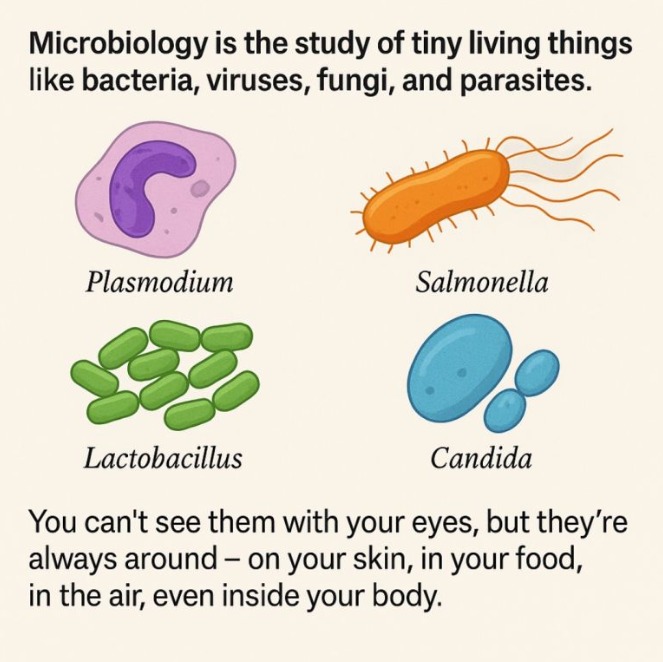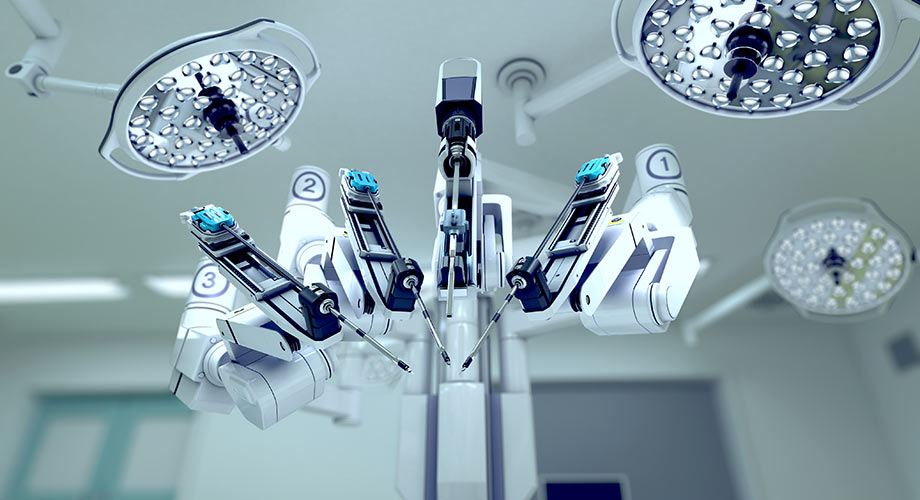Microbiology Meets Technology
How Invisible Life is Powering the Next Tech Revolution
Let's face it—when you hear the word microbiology, your brain might conjure up images of lab coats, petri dishes, and complex Latin names you'll never remember. But here's the truth: microbiology isn't just a scientific niche—it's a rapidly evolving, tech-driven frontier that's reshaping the modern world.
What is Microbiology in the Age of Technology?
At its core, microbiology is the study of microorganisms—bacteria, viruses, fungi, archaea, and other microscopic life forms. But in today's digital age, it's no longer limited to sterile labs and microscopes.
With the rise of bioinformatics, AI-powered genome sequencing, nanotech, and CRISPR, microbiology has officially entered the realm of cutting-edge technology.
Think of microbiology as the original operating system of life—one that's been running long before humans wrote a single line of code.
Why Should a Tech Professional Care?
Whether you're coding in Next.js, building AI, or analyzing big data—microbiology is silently influencing your health, your productivity, and even your code.
- Predictive Healthcare: AI uses microbial signatures for early disease detection.
- Biotech Innovation: Engineered microbes produce biofuels, plastics, and medicine.
- Microbial Big Data: Platforms like
QIIMEandKraken2transform genomic datasets. - Pandemic Response: Genomic surveillance + AI modeling = real-time pandemic tracking.
Everyday Tech Intersections
Still think microbiology is only for scientists? Think again:
- Your gut-health app uses microbial data.
- Fitness drinks with tracked probiotics? Microbiology in a bottle.
- Gene editing powered by
CRISPRis monitored in the cloud.
Even antibiotic resistance is tracked using natural language processing and AI—tech is deeply woven into microbial science.
Global Tech Infrastructure
From sustainable farming with microbe-enhanced soil to microbial research on Mars, microbiology powers essential infrastructures globally. It's merging with synthetic biology to create a programmable bio-era.
Final Thoughts
You don't have to be a scientist to appreciate that microorganisms are running the backend of the human experience. From the food in your fridge to AI models detecting disease, microbiology is both the codebase and the hardware.
If you're in tech, microbiology is your hidden co-founder—fueling innovation, expanding data frontiers, and proving that science isn't just for scientists.

